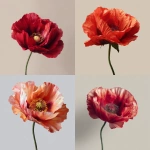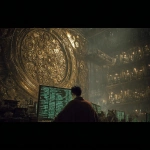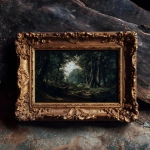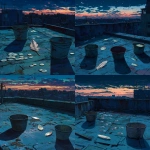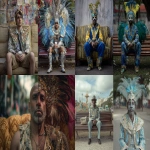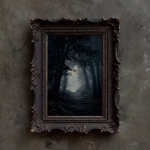Explore the Best AI Image Gallery
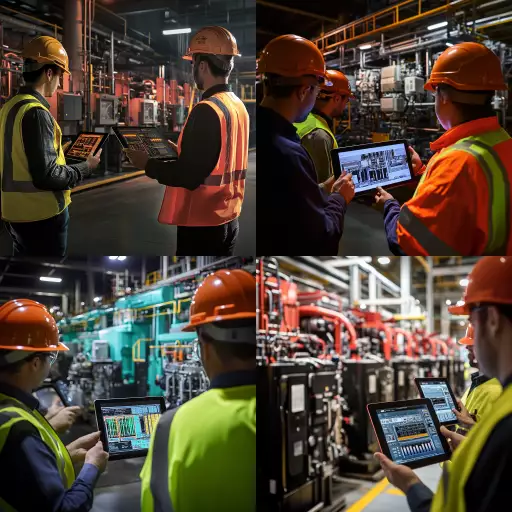
Blockchain in Finance: Reimagining Creativity Through Decentralization
The financial world is undergoing a seismic shift with the rise of blockchain technology. Its decentralized and transparent nature promises to revolutionize various sectors, including finance. But beyond its impact on traditional markets, blockchain holds immense potential for transforming the creative industry. This article delves into how blockchain can reshape the way creatives produce, share, and monetize their work, while also considering the ethical implications and future trends shaping this exciting intersection.
Revolutionizing Creative Ownership and Monetization
One of the most significant impacts of blockchain on the creative industry is its ability to empower creators with greater ownership and control over their work. Through smart contracts, creators can establish clear terms for licensing, distribution, and royalties, ensuring they receive fair compensation for their creations. This eliminates intermediaries and empowers artists to directly engage with their audience.
Consider a musician releasing an album on a blockchain-based platform. They could program smart contracts that automatically distribute royalties to collaborators, distributors, and themselves based on pre-defined percentages. This transparent and secure system ensures all parties involved are fairly compensated, fostering a more equitable ecosystem for creatives.
NFTs: Bridging the Gap Between Physical and Digital Art
Non-fungible tokens (NFTs) have emerged as a groundbreaking application of blockchain technology in the creative space. NFTs represent unique digital assets, including artwork, music, videos, and even virtual items. By tokenizing these creations on the blockchain, artists can establish verifiable ownership and scarcity, adding tangible value to their digital works.
NFTs are blurring the lines between physical and digital art, enabling artists to sell limited-edition prints, access exclusive experiences, or even create entirely new forms of interactive art. The decentralized nature of NFTs allows creators to reach a global audience without relying on traditional galleries or auction houses.
Decentralized Platforms: Democratizing Creative Collaboration
Blockchain technology is fostering the rise of decentralized platforms that empower creatives to collaborate and share their work in new ways. These platforms remove the gatekeeping barriers often present in traditional creative industries, providing equal opportunities for emerging artists and established professionals alike.
Imagine a platform where musicians can collaborate on song composition using smart contracts to ensure fair attribution and revenue sharing. Or a community of designers who can co-create projects, leveraging blockchain-based voting systems to make collective decisions.
Ethical Considerations: Navigating the Uncharted Waters
While blockchain offers immense potential for the creative industry, it also presents ethical challenges that need careful consideration:
- Copyright and Intellectual Property:** Blockchain can help protect intellectual property rights, but establishing clear ownership and preventing unauthorized copying remains a complex issue.
- Data Privacy and Security:**
- Accessibility and Inclusivity:**
Blockchains immutability raises concerns about data privacy and the potential for misuse of personal information. Safeguarding user data while leveraging the benefits of blockchain is crucial.
Ensuring that blockchain technology is accessible to all creatives, regardless of their technical expertise or socioeconomic background, is essential for fostering a truly inclusive creative ecosystem.
Future Trends: The Evolution of Blockchain in Creativity
The intersection of blockchain and the creative industry is constantly evolving. Here are some emerging trends to watch:
- Integration with Metaverse Platforms:**
- AI-Powered Creative Tools:**
- Decentralized Funding Models:**
Blockchain will play a vital role in creating secure and verifiable ownership systems within metaverse environments, enabling artists to monetize their creations and experiences in virtual worlds.
Combining blockchain with artificial intelligence will unlock new possibilities for creative expression. Imagine AI tools that generate music, artwork, or even entire narratives, powered by smart contracts that ensure fair compensation for the creators involved.
Blockchain-based crowdfunding platforms will empower creatives to bypass traditional gatekeepers and secure funding directly from their supporters. This can lead to more diverse and innovative projects coming to life.
Conclusion: A Collaborative Future
Blockchain technology is poised to revolutionize the creative industry, empowering artists, fostering collaboration, and driving innovation. By embracing its potential while addressing ethical considerations, we can unlock a future where creativity flourishes in a decentralized and inclusive ecosystem.
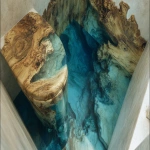
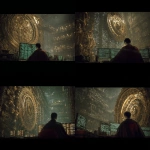
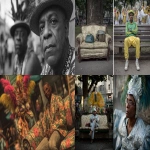
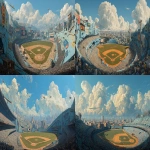
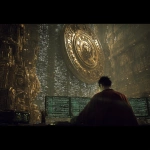
](https://images.ai-img.art/thumbnails/150/8fd5788e152269ccc7eeb4a5287499cc5f55ca46d75afc237030f50a1b60c6ca.webp)

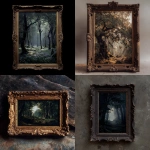

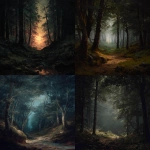
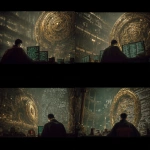


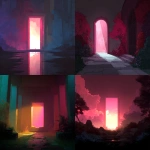
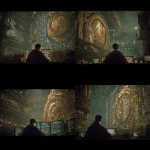
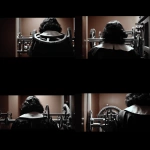
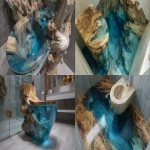

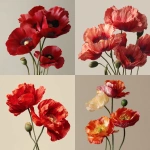
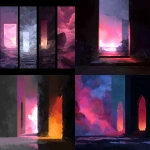

](https://images.ai-img.art/thumbnails/150/786d3898a4574da9c53e922bd2a30035084a90a9a6f5cc6bee514d0150ba3403.webp)

](https://images.ai-img.art/thumbnails/150/24ccaad8968bce75611aa4ff739695d61b7d06bd128d44cfbb3a6c46be30ed33.webp)
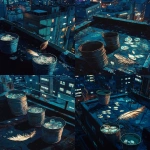

](https://images.ai-img.art/thumbnails/150/0d2c5ff24ca9024b95b5f0d1d0e673146e5dd5f31c7b3a7092322afe4a3c46eb.webp)
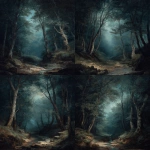
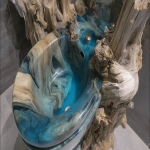
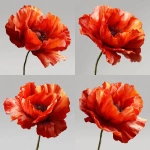
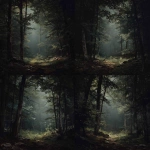

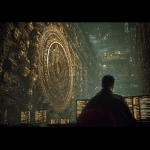
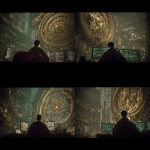

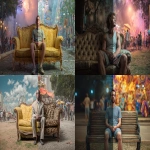

](https://images.ai-img.art/thumbnails/150/69daab74527edc292198788487e2d0d5f1bb1aba897d85b79ff4015ea305631d.webp)

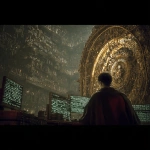

](https://images.ai-img.art/thumbnails/150/7889b264cc5c27f6b7a00af1767a689c9df2b49d36667764d8322ae0c0fed64a.webp)

